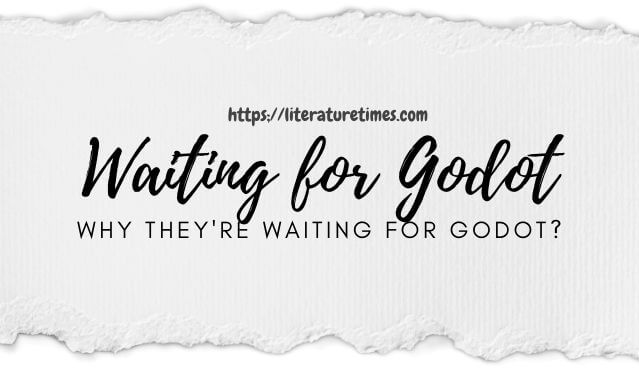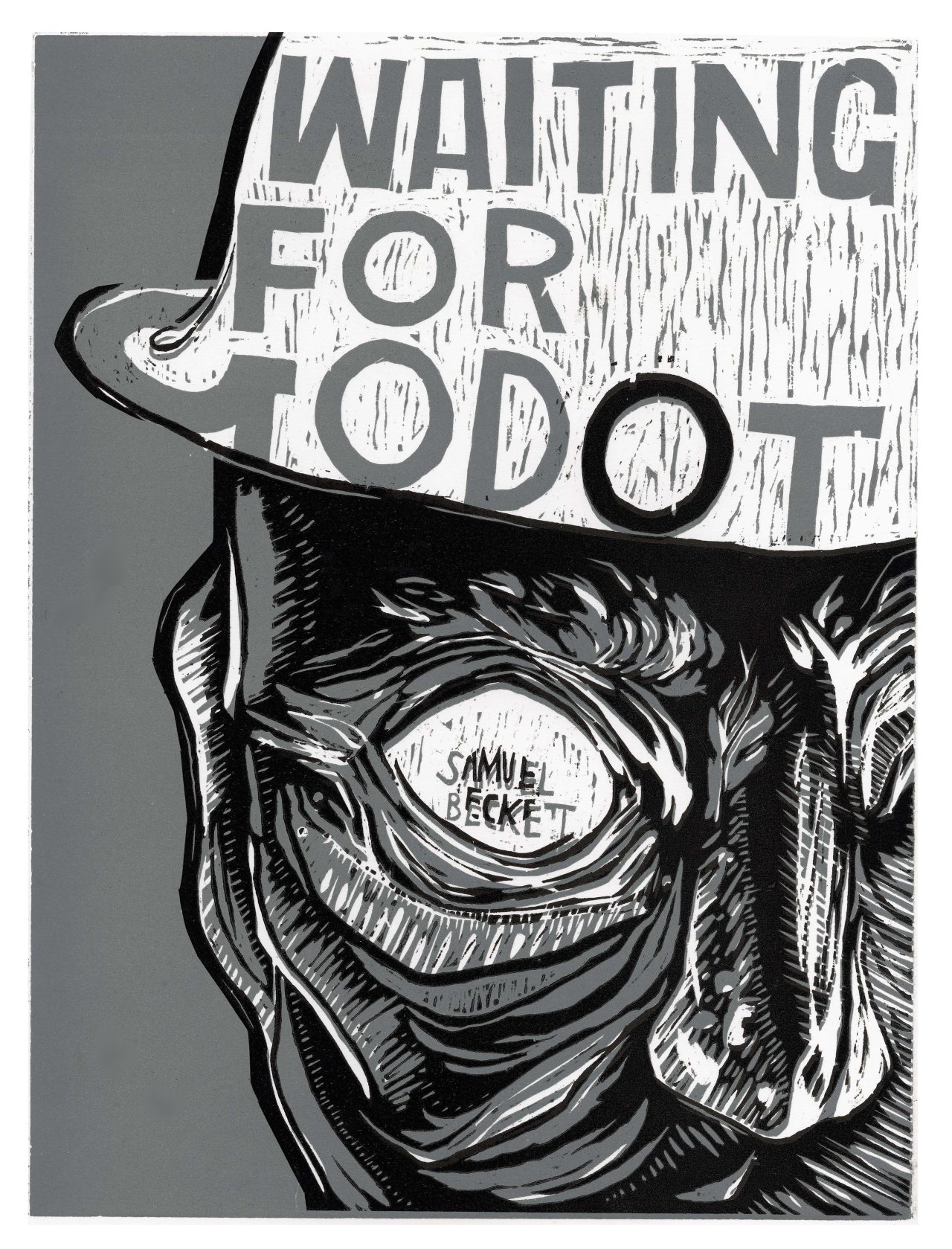

This combination of motivators leaves them literally unable to act against Godot. Finally, he ends with fear in the last scene, replying to Estragon’s question of what would happen if they stopped waiting on Godot with the statement “he’d punish us” (Beckett, Act II). He eventually loses this hope and falls back on habit in the second act, stating that “habit is a great deadener” and continuing with his usual interactions with Estragon and Godot’s daily messenger (who, as usual, instructs the men to come back tomorrow) with resignation (Beckett, Act II). He keeps this optimism for an impressively long time, as far as the end of Act I, where he says, “Tomorrow everything will be better” (Beckett, Act I). It’s a reasonable percentage” (Beckett, Act I). Vladimir mentions all these motivations at different points of the play, beginning with hope in the play’s first scene, demonstrated by his lines “What’s the good of losing heart now, that’s what I say” and “One of the thieves was saved. The main forces driving Vladimir and Estragon seem to be hope, habit, and fear.

To do this, we can look at the characters’ own reasoning for their actions. Having established that Hamlet Sr.’s call to action and Godot’s call to inaction are both incredibly difficult commands, we may readdress the question of why Godot’s instruction is possible for Vladimir and Estragon to carry out, while that of Hamlet Sr. While of a very different nature than Hamlet’s mission, this is undeniably a significant commitment. Their lives become an eternal, meaningless cycle, and though they may become dissatisfied with this situation (as they express throughout the play), they have no escape from it other than death. And yet they must continue, for the rest of their lives, to come to the same place each day and wait for something that will never come to pass. The heart of the difficulty of Vladimir and Estragon’s task lies in the fact that it never ends. I will not speculate as to which of the two tasks are more difficult, but I will argue that neither is easily done. This answer, however, is flawed in that it underestimates the significance of Godot’s request to Vladimir and Estragon. It can hardly be argued that coming to a particular place and waiting for someone else to show up is more difficult than taking the life of another human being. The obvious answer to this question is that Godot has asked Vladimir and Estragon to do something easy and Hamlet Sr. This leads us to the question of why - of what is so different in these two situations. Unlike Vladimir and Estragon, however, Hamlet finds himself unable to do as his Godot-figure commands. Just as the latter two center their every day around Godot’s request that they wait, so too Hamlet centers his every day around his dead father’s wishes.

The spirit is the only authority Hamlet seems to feel any obligation to, and Hamlet is tied to him with the same life-altering strength that ties Vladimir and Estragon to Godot. In this situation, the ghost of Hamlet’s father plays the same role to Hamlet that Godot plays to Vladimir and Estragon.

Though reduced to pitiful circumstances, they do not leave and search for another potential master, but return day after day to wait for Godot to come.īy contrast, Hamlet’s conflict stems from a command to act. Godot is said to own a large estate and keep many servants, and the two vagabonds believe they may find a place there. They do so in the hope that Godot will provide them with a better life. They are called to stay and wait for Godot, to refrain from action and remain dutifully at attention, ready for the moment when Godot finally comes. In Waiting for Godot, action is virtually nonexistent, and the whole of the play centers around the conflict of interest Vladimir and Estragon face because of this. To reach the point where we can definitively say this, however, we must step back and examine the tasks of these plays more closely, as well as the nature of the conflicts that arise from them. The main reason for this is habit: specifically, that the former task can be completed without sacrificing habit, while the latter can not. Though these tasks differ greatly in nature, they share a certain near-impossible quality, which may lead one to question why one task (Vladimir and Estragon’s) is achieved while the other (Hamlet’s) is left undone. In the plays Hamlet and Waiting for Godot, the protagonists are each given a task to complete by an authority figure: Vladimir and Estragon must wait for Godot day after day, and Hamlet must find it in himself to revenge his father’s murder by taking his uncle’s life.


 0 kommentar(er)
0 kommentar(er)
